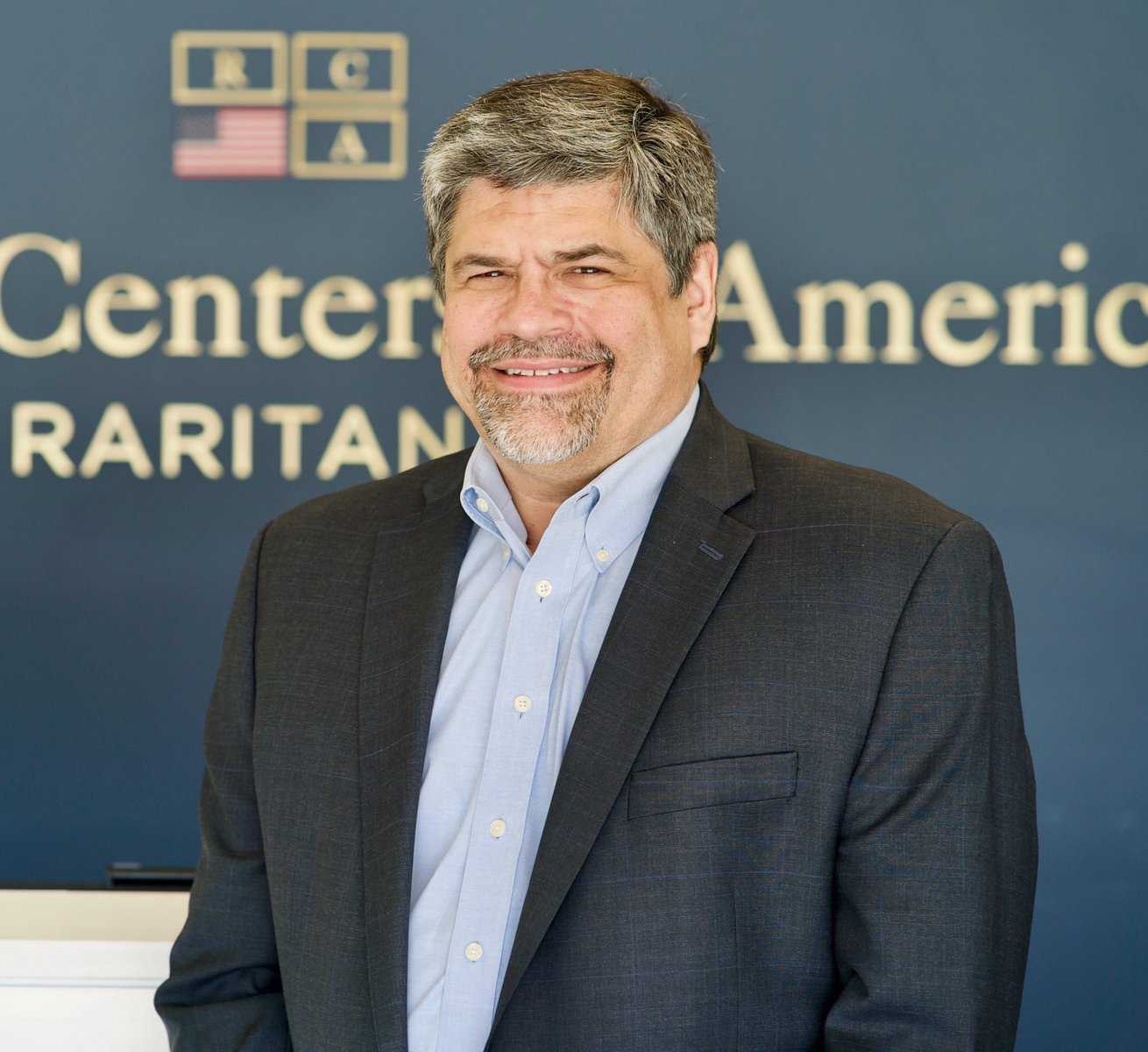Overdoses are still on the rise.
The National Center for Health Statistics reported a 30% rise in drug overdose deaths from 2019-2020, amid the first year of the COVID-19 pandemic. It wasn’t an anomaly. American overdose deaths climbed another 15% in 2021, to 107,622. In New Jersey alone, 3,081
residents died from suspected drug overdoses last year.
October is National Substance Abuse Prevention Month, a time to raise awareness and understanding of mental health and substance use disorders, and encourage those in need of help to seek evidence-based treatment. First observed in 2011, the month emphasizes the health effects that substance abuse creates for both individuals and communities, and stimulates discussion about what we can do as a country to combat it.
As National Recovery Month is observed in September, it’s also the season to acknowledge and celebrate those individuals who are making the steps to overcome addiction and live a healthier life, many of whom do so specifically because they are reached during these months and through these efforts.
With addiction rates soaring, it’s important I take this time to remind you that helping even one person break free from addiction helps every person impacted by that individual’s substance use. At bare minimum, that includes family members and friends close to the sufferer, but often the web is much wider.
Fentanyl, and other synthetic opioids, are the latest growing drug threat, terrorizing communities everywhere in America, with New Jersey certainly not an exception. And while the dangers of synthetic opioids have been well publicized in recent years, related overdose deaths still grew another 23% in 2021.
Fentanyl is 50 times stronger than heroin and can lead to rapid overdose and death. It is often mixed with heroin and other non-opioid drugs, putting many unsuspecting drug users at risk.
Recovery Centers of America (RCA) is a leader in therapies and programs to combat this relatively new threat. Six RCA centers, including the New Jersey Raritan Bay-based center of which I am CEO, were just named one of Newsweek Magazine’s top addiction treatment centers in the country, and opioid recovery is a large area of focus for us.
Like many others who work in the field of recovery, I was personally touched by this disease. As the parent of a son who battled, and eventually won, his personal 10-year war against opiate addiction, I still see the stigma associated with recovery. I am ceaselessly proud of him for taking on that battle and getting help before he or someone else was hurt by his actions. As he recovered, we his family and his friends recovered.
I know firsthand that freeing one’s life from the grip of addiction impacts an entire community.
RCA at Raritan Bay treats hundreds of individuals each year, halting their suffering and providing hope for them and their loved ones. The road to recovery is an individualized process, a way of living free from the burden of drugs and alcohol.
Our 138-bed residential facility applies evidence-based alcohol and drug addiction treatment programs customized to each person’s needs. We also recognize the importance to tailor recovery programs to specific types of patients, offering specialized treatment for first responders and military, faith-based, young adults, patients who have relapsed, older adults and patients to maintain jobs or school responsibilities.
Addiction treatment works. It is never too late to educate yourself about preventing addiction and encouraging a friend or family member to seek treatment. Every person, every family, every community deserves support systems that enable successful recovery.
This October, join me in celebrating National Substance Abuse Prevention Month, and anyone who commits to a life of recovery. They are proof that recovery is possible. Their hard work, like my son’s, should be honored and recognized for the role it plays in showing others the way.
About Author: David Dorschu, MS, is the CEO of RCA at Raritan Bay, a drug and alcohol addiction treatment center. He has more than 25 years of experience in the substance abuse field, serving in various leadership positions which incorporate the entire continuum of care.

